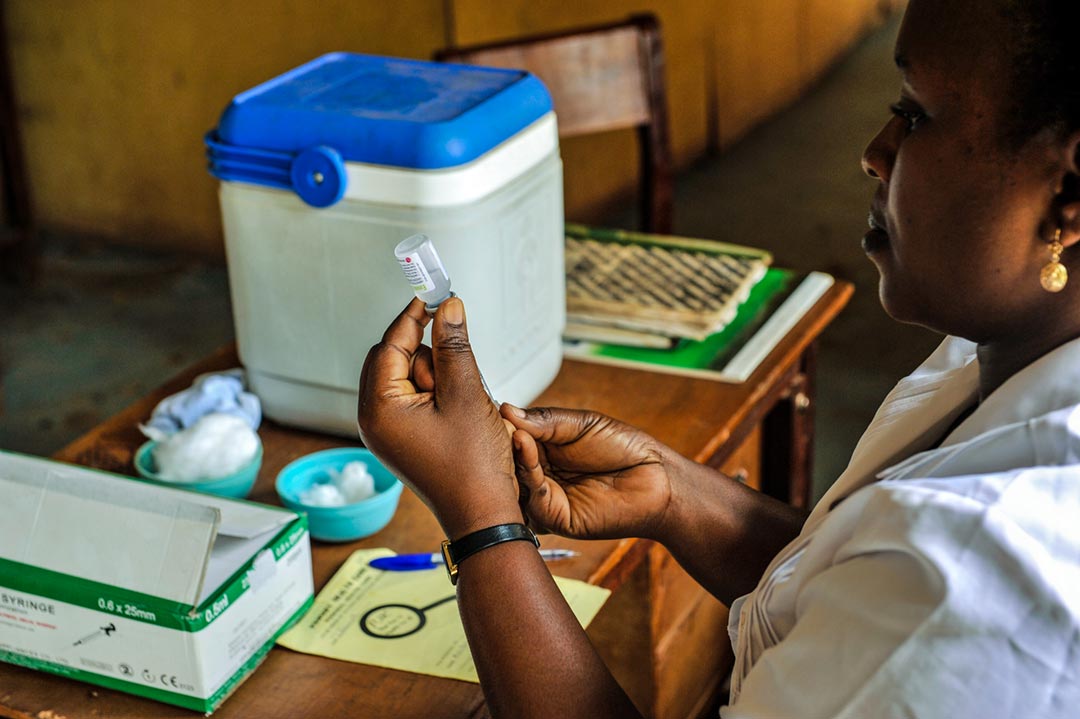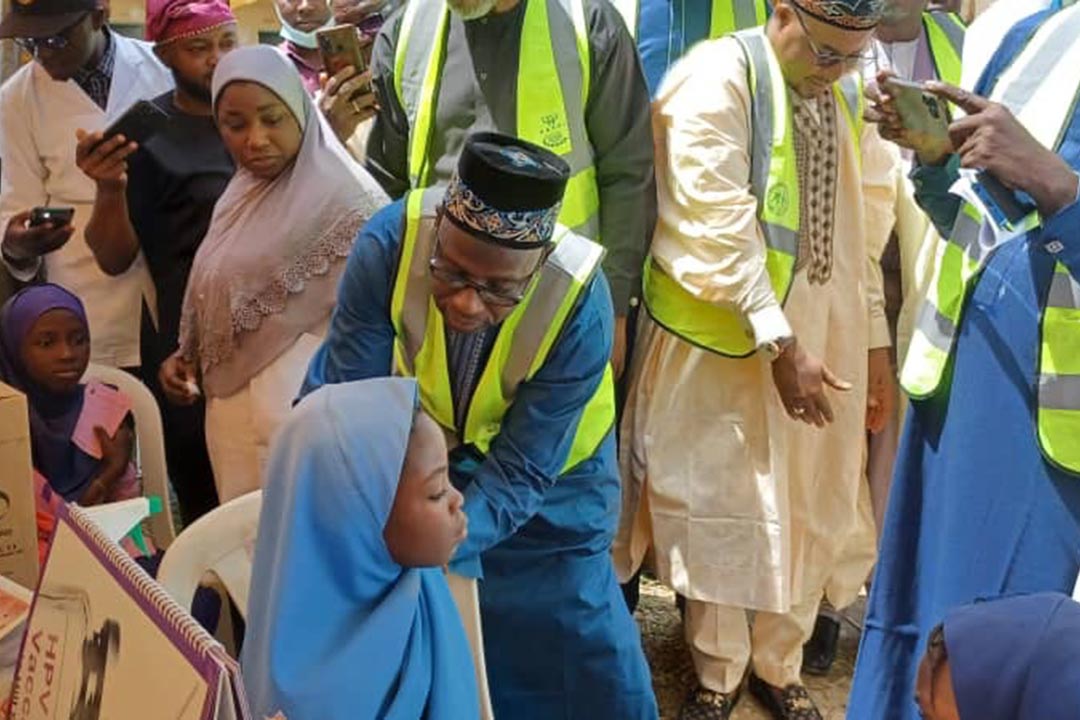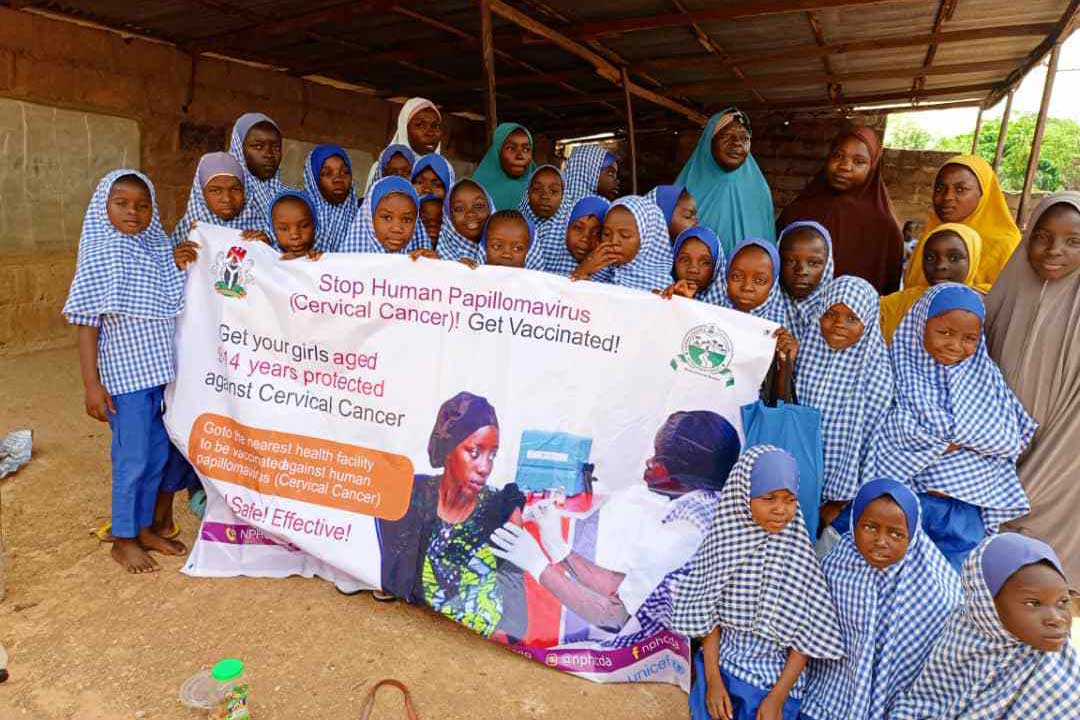Vaccines bring hope for children in Nigeria’s largest coastal slum
Access to routine immunisation and primary health care is changing the lives of children in Makoko, Nigeria’s largest coastal slum.
- 16 August 2021
- 4 min read
- by Eric Dumo

Five-year-old Joseph Wusu was not always a lively child. Like many children his age born in Makoko, a massive slum settlement of wooden shacks precariously sitting on large swathes of filthy water on the edge of the Lagos lagoon, the odds were against him right from his very first day.
The son of a fisherman, little Joseph lives in a community where more than 300,000 residents contend with airborne and waterborne diseases daily in their quest for survival. With no basic amenities, let alone a functional hospital in sight, many children like him don’t make it to their fifth birthday.
Joseph’s life took a turn for the better in February 2021. A group of young medical volunteers visited Makoko to offer free medical services and give out vaccines. Tetanus, diarrhoea, measles and malaria vaccines and treatments were administered to over 600 children, including Joseph, who is turning into a bubbly child, says his 28-year old mother, Bose.
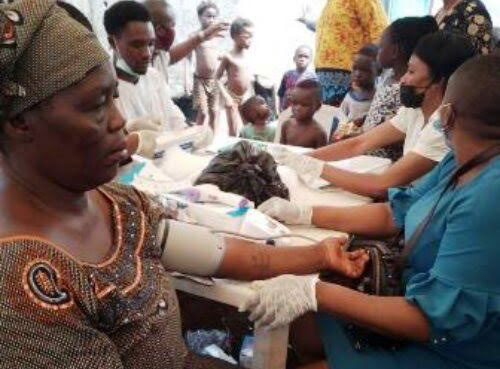
Credits: HEIA, Peter Idowu, Al-Jazeera
“A lot of things changed about Joseph after the visit of the medical team to our community in February,” says Bose. “My son, whose body temperature often ran high, has become ill less often. He is also becoming more playful and welcoming. It was as if he had been waiting for the malaria and measles medicine to express his real self. He now tells his father and I every day that he wants to become a doctor so that he can also help people in need of medical assistance when he grows up.”
She adds, “I have been very happy since then because the changes I see in my son and other children are immense. We are grateful for the volunteers.”
According to Nigeria’s Minister of Health, Dr Osagie Ehanire, millions of children miss out on basic immunisation for diseases like pneumonia, diarrhoea and measles annually, contributing significantly to the rising under-five mortality rate, which is one of the highest in the world.
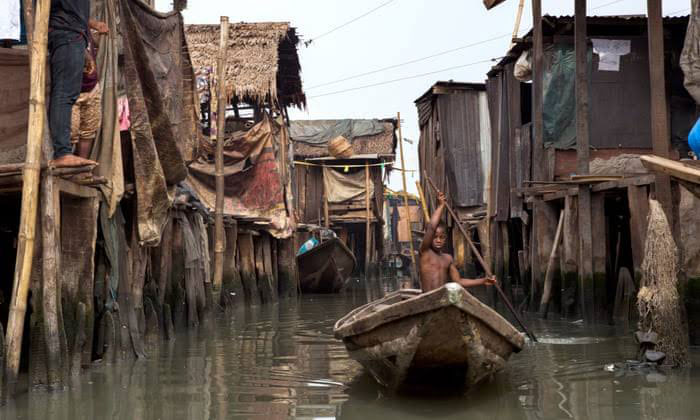
Credits: HEIA, Peter Idowu, Al-Jazeera
Among the groups trying to improve the situation at Makoko is the Health Empowerment Africa Initiative (HEAI) and the Docotal Health Foundation.
“As a result of the nature of the environment they live in and the lack of a functional hospital around them, many children fall sick in the area,” says HEAI Coordinator Uzoma Ezechukwu. “In February this year, we carried out general medical check among the residents including children who we gave vaccines to prevent measles and malaria. Those that were sick had a chance to be attended to by a doctor."
Have you read?
He goes on, “The visit to Makoko this year was our first medical outreach there but we are making plans to visit again to offer more free medical services to children and adults.”
Decrying the high level of unimmunised children in Makoko, founder of the Docotal Health Foundation, Dr Okechukwu Ekemezie says that many children are only given herbal concoctions by traditional birth attendants when they are born as a form of protection against diseases – a practice he says will leave many of the community's growing army of children at the risk of early but preventable death.

Credits: HEIA, Peter Idowu, Al-Jazeera
He says, “We visited Makoko in January 2019 and again after the COVID-19 lockdown to distribute protective items to the people. We also did checks for high blood pressure, malaria, eyesight and diarrhoea. We gave injections to adults and children to keep them safe from a lot of diseases.”
He adds, “There is a huge medical emergency on the ground at Makoko because most children born and raised there have never been vaccinated. Now, with COVID-19, the situation is even more disturbing. But, as an organisation, we will continue to do all we can to save children and adults from avoidable deaths at Makoko.”
A community leader, Baale Emmanuel Shemede, says that they are excited about the medical assistance from the volunteers.
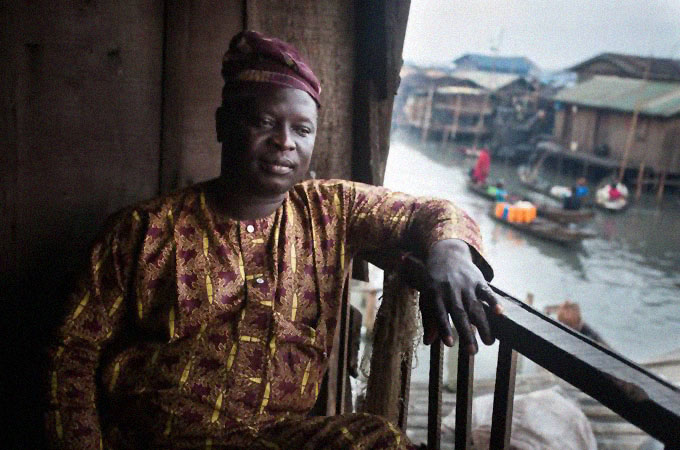
Credits: HEIA, Peter Idowu, Al-Jazeera
He says, “We have been looking forward to this type of medical support. The last time we had something like this was about eight years ago. We are really happy because it will prevent a lot of diseases and deaths."
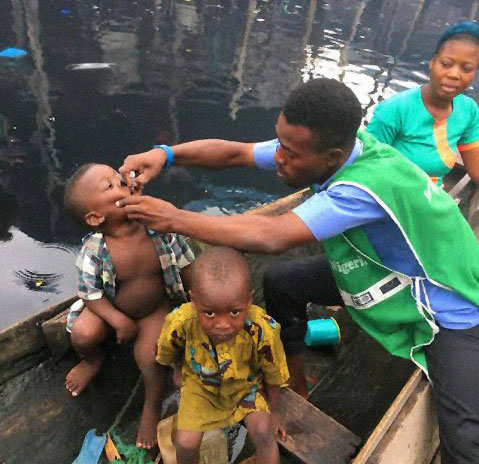
Credits: HEIA, Peter Idowu, Al-Jazeera
Peter Idowu, a well-known mobiliser in the community who has helped attract health volunteers to Makoko, explained that “our area is a pretty difficult to navigate because we live in and on the water. It is not easy for the teams coming from outside the community to gain access. My goal is to see that all the kids in our community are immunised and live healthy lives. That is why I engage our teams in sensitising parents all the time on the importance of routine immunisation. I am happy that it is paying off."
